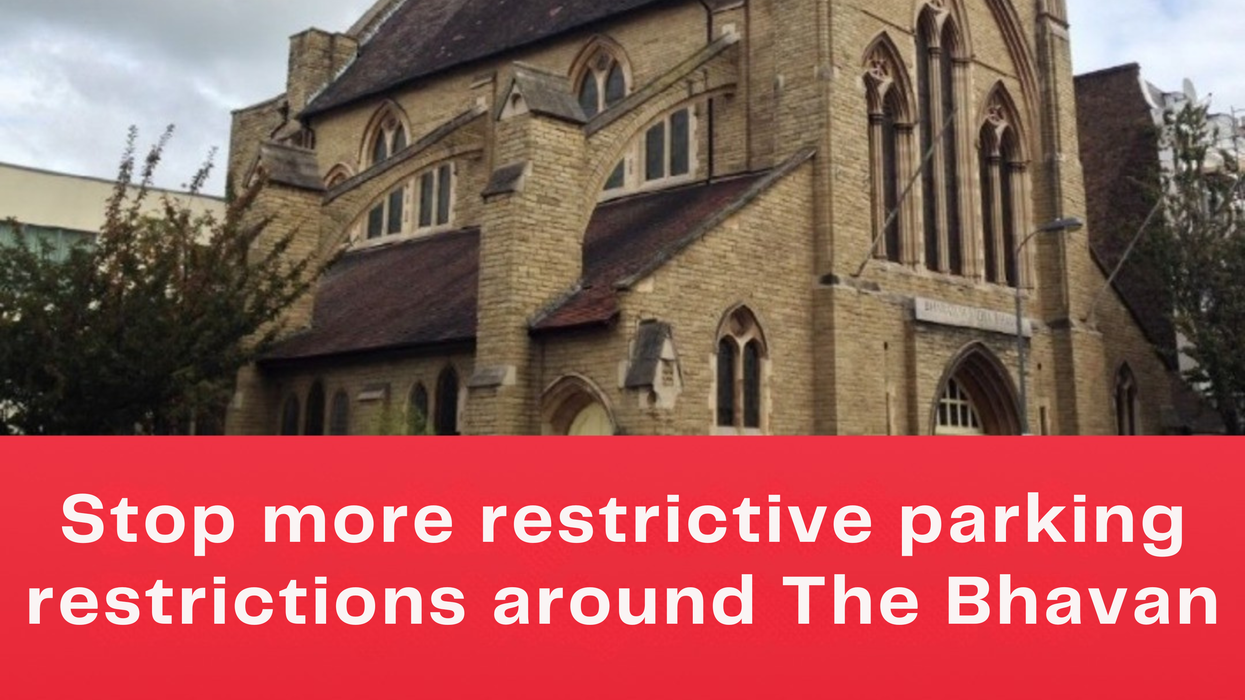A HIGH COURT has ruled that asylum seekers can continue to be housed in a hotel northeast of London that was the site of anti-immigration protests earlier this year.
The Epping Forest District Council had filed a legal challenge to block the use of the Bell Hotel as asylum accommodation following violent protests in July and August. The unrest followed allegations that one of the hotel’s residents had sexually assaulted a teenage girl.
Ethiopian asylum seeker Hadush Kebatu was convicted and later deported for sexually assaulting the girl and a woman.
On Tuesday, Justice Timothy Mould dismissed the council’s bid, marking the latest development in the legal dispute involving the hotel and its residents.
The council had earlier obtained a temporary injunction to prevent the hotel from housing 138 asylum seekers, but that order was overturned after the Home Office appealed.
In his ruling, Mould said the hotel had not breached planning controls and could continue to be used as contingency accommodation. He said there was a “continuing need for hotels as an important element of the supply of contingency accommodation to house asylum seekers.”
Prime Minister Keir Starmer’s government, which has pledged to end the use of hotels for asylum seekers by 2029, is under pressure to reduce immigration levels.
According to the judge, around 35,000 asylum seekers were being accommodated in under 200 hotels as of June 2025.
Shadow interior minister Chris Philp called the decision a “slap in the face to the people of Epping.”
Epping councillor Ken Williamson urged the Home Office to “reconsider” its position, saying the council was “bitterly disappointed.”
The ruling comes amid a wider national debate over immigration policy, with tensions rising over migrants crossing the Channel in small boats and staying in government-funded accommodation while awaiting decisions on their asylum claims.














